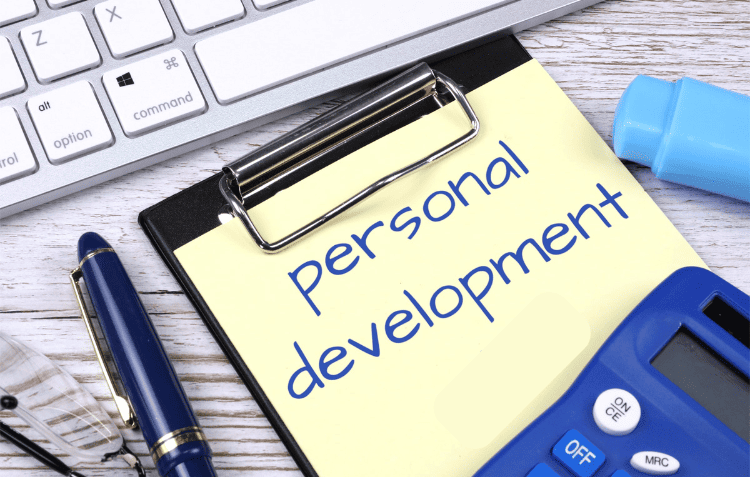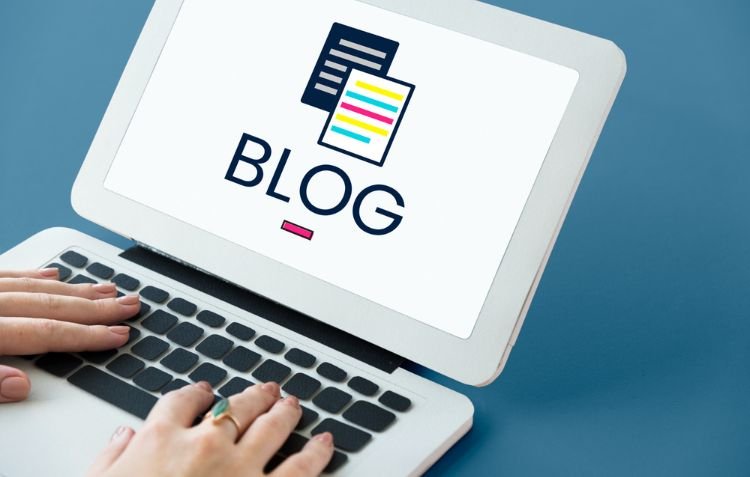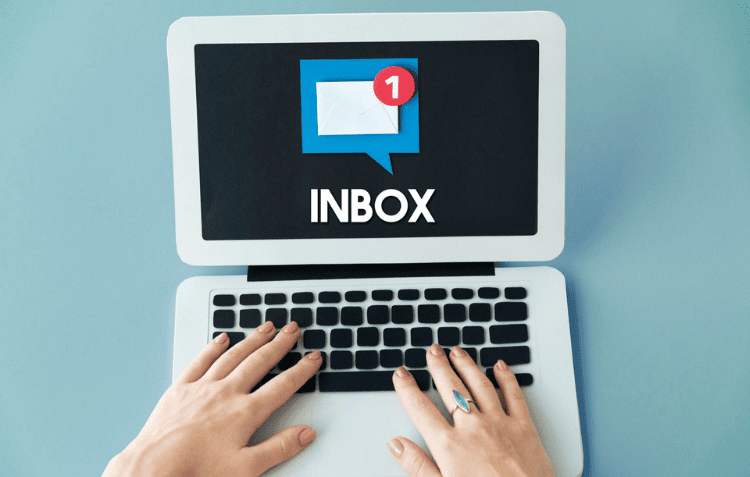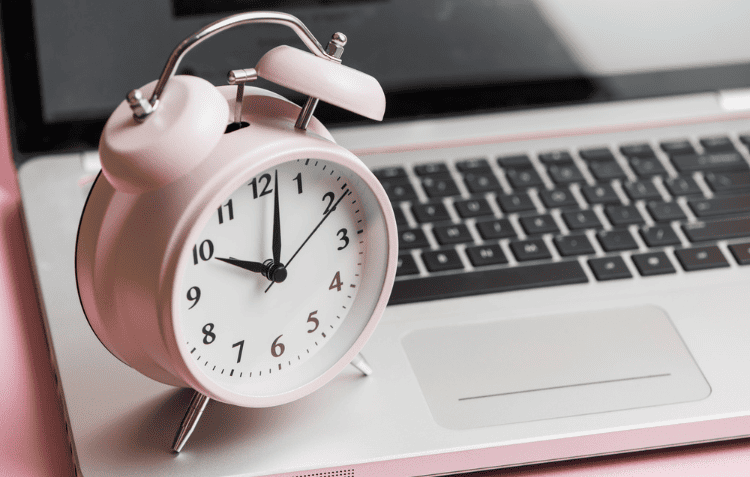What to Bring to a Job Interview? Avoid These Common Mistakes
First impressions matter, especially in job interviews. Studies suggest that hiring managers form opinions about candidates within the first few minutes of meeting them. While your confidence, communication skills, and body language play a role, what you bring to the interview can also leave a lasting impact.
Bringing the right items—like essential documents, professional materials, and a well-prepared mindset—can set you apart from other candidates. At the same time, carrying unnecessary or distracting items can create a negative impression. Many job seekers overlook small details, but these can make the difference between a smooth interview and an awkward situation.
This guide covers everything you need to know about what to bring to a job interview, what to avoid, and expert-backed tips to help you prepare effectively. Whether you’re attending your first interview or looking to refine your approach, understanding these key points will boost your chances of making a strong, professional impression.
What to Bring to a Job Interview: Essential Items
Preparing for a job interview involves more than just practicing your answers. Bringing the right items ensures you appear professional, stay organized, and handle any unexpected situations with confidence. Whether it’s essential documents, professional materials, or small but crucial personal items, being well-prepared can leave a lasting impression on your potential employer.
Below are the key items you should bring to a job interview, along with reasons why they matter.
Personal Identification and Documentation
Driver’s License or ID Card
Many companies require identification for security and verification purposes, especially if the interview is held in a corporate office or high-security building. Some employers may also need to verify your identity before allowing you to enter. Carry a valid government-issued ID, such as a driver’s license or passport, to avoid any delays or complications.
Copies of Your Resume
Even if you submitted your resume digitally, always bring at least five printed copies. Interviews often involve multiple decision-makers, and an extra copy ensures that all interviewers have your resume in hand. Print them on high-quality, professional-grade paper for a polished look. This small detail can subtly communicate attention to professionalism and quality.
List of References
Employers sometimes ask for references during or after an interview, so having a prepared list can make you look proactive. Ensure your reference sheet includes:
- Full names
- Job titles
- Company names
- Phone numbers
- Professional email addresses
Verify with your references in advance that they are comfortable being contacted. Keep the list on a separate sheet, formatted neatly, and ready to hand over if requested.
Professional Materials
Portfolio or Work Samples
If your job involves visual or tangible work—such as graphic design, content creation, writing, or engineering—bringing a portfolio can make a huge difference. Even for non-creative roles, a well-organized selection of past work, reports, or case studies can help you stand out.
- Use a professional-looking binder or folder for printed samples.
- If your portfolio is digital, bring a tablet to showcase your work instead of relying on your phone.
- Ensure your work samples are relevant to the job you’re applying for.
Notepad and Pen
Taking notes during an interview shows engagement and professionalism. Writing down key details about the role, company, or next steps can help you recall important information later. Choose a simple, professional-looking notepad and pen instead of using your phone, as checking your device may appear distracting or unprofessional.
Business Cards
While not always necessary, business cards can be useful for networking. If you’re in sales, marketing, consulting, or any industry where networking plays a role, handing out a business card can reinforce your professionalism. Ensure your cards are up to date with your name, phone number, email, LinkedIn profile, and job title or area of expertise.
Personal Items

Directions to the Interview Location
Relying solely on your phone’s GPS can be risky if your device runs out of battery or loses signal. Printing out the address, writing it down, or taking a screenshot ensures you have backup navigation. Arriving late due to navigation issues can create a negative first impression, so always double-check your route before leaving.
Breath Mints or Gum
Fresh breath is a small but important detail that contributes to your confidence. However, chewing gum during an interview can seem unprofessional. Use breath mints before you enter the building and dispose of them properly to ensure a fresh and professional presence.
A Professional Bag or Briefcase
Carrying all your essentials in a well-organized, professional-looking bag or briefcase helps maintain a polished image. Avoid bringing a bulky or overly casual backpack unless necessary. Choose a sleek leather or fabric bag that complements your professional attire and allows easy access to your materials.
By ensuring you have these essential items, you’ll be well-prepared for any job interview scenario, allowing you to focus on presenting yourself in the best possible way.
Common Mistakes to Avoid Bringing to a Job Interview
While bringing the right items can help you make a great impression, bringing the wrong ones can do just the opposite. Certain objects may distract the interviewer, make you seem unprofessional, or even create ethical concerns. Candidates often overlook these details, but avoiding common mistakes can help you maintain professionalism and focus on what truly matters—your qualifications and experience.
Here are some things you should never bring to a job interview and why they can hurt your chances of success.
Distracting Items
Electronic Devices
While it’s understandable to carry your phone to an interview, keeping it on or checking it frequently can be a huge distraction. Notifications, calls, or even vibrations can interrupt the conversation and make you appear disengaged.
Best practice:
- Turn off your phone or set it to silent mode before the interview starts.
- If you’re expecting an urgent call (such as a family emergency), inform the interviewer in advance and keep your phone on vibrate.
- Avoid using smartwatches or other gadgets that may tempt you to check notifications.
Chewing Gum
Chewing gum during an interview can make you appear distracted and unprofessional. It can also affect your speech clarity, making it harder for the interviewer to understand your responses. Even if you’re using gum to freshen your breath, it’s best to get rid of it before entering the interview room.
Better alternative: Use a breath mint before the interview, and drink water to keep your mouth fresh and hydrated.
Inappropriate Attire and Accessories
Casual Clothing
Dressing too casually can create a negative impression, even if the company has a relaxed work culture. Wearing jeans, sneakers, or overly casual outfits may suggest a lack of seriousness about the role.
Best practice:
- Research the company’s dress code in advance and opt for business professional or business casual attire, depending on the industry.
- When in doubt, it’s always better to be slightly overdressed than underdressed.
Excessive Jewelry or Fragrances
Strong perfumes, colognes, or loud accessories can be distracting to interviewers, especially if they are sensitive to scents or noise. Dangling earrings, large bracelets, or overpowering colognes can take the focus away from your conversation.
Best practice:
- Keep jewelry minimal and professional.
- Choose a mild or fragrance-free perfume.
- Avoid accessories that make noise when you move.
Unnecessary Documents

Personal Photos or Items
Bringing personal belongings like family photos, lucky charms, or unrelated documents may seem harmless but can come across as unprofessional. Employers expect you to be focused on the job opportunity, not on personal memorabilia.
Best practice: Keep personal items in your bag and only bring job-related materials into the interview room.
Confidential Information from Previous Employers
Bringing proprietary documents, client lists, or sensitive data from a past employer is not only unprofessional but also unethical. Interviewers may see this as a red flag, questioning your integrity and how you handle confidential information.
Best practice: If you want to showcase your work experience, bring a sanitized version of your portfolio or work samples without violating any confidentiality agreements.
By avoiding these common mistakes, you can maintain a professional image and focus on making a great impression during your interview.
Actionable Tips for Interview Preparation
A well-prepared candidate stands out in any job interview. Proper preparation ensures you present yourself as confident, knowledgeable, and professional. From researching the company to planning your journey, taking the right steps can significantly improve your chances of success.
Here are some essential tips to help you prepare effectively for your interview.
Research the Company and Role
Company Background
Understanding the company’s mission, values, and recent developments helps you tailor your responses and show genuine interest. Interviewers appreciate candidates who have done their homework.
Best practice:
- Visit the company’s website and read their About Us page.
- Check recent news articles and press releases to stay updated.
- Follow the company on LinkedIn to understand its latest activities.
Job Description
Thoroughly reviewing the job description ensures you understand the expectations and can align your skills accordingly.
Best practice:
- Highlight key qualifications and responsibilities.
- Identify skills or experiences that match the job requirements.
- Prepare examples of past work that demonstrate relevant expertise.
Practice Common Interview Questions
Behavioral Questions
Many employers use behavioral questions to assess problem-solving skills and past experiences. Structuring your answers using the STAR method (Situation, Task, Action, and Result) helps you deliver clear and impactful responses.
Example question:
“Tell me about a time you handled a difficult situation at work.”
Technical Questions
For technical roles, interviewers may test your knowledge in specific areas. Reviewing industry-related concepts and practicing sample questions will help boost your confidence.
Best practice:
- Review job-specific technical skills.
- Prepare for problem-solving or case-study questions.
- Practice explaining complex concepts in simple terms.
Plan Your Journey
Route Planning
Being late for an interview leaves a bad impression, so plan your journey in advance.
Best practice:
- Use Google Maps or other navigation apps to estimate travel time.
- Consider traffic, public transport delays, or parking availability.
- Arrive at least 10-15 minutes early to avoid last-minute stress.
Conclusion
Bringing the right items, avoiding common mistakes, and preparing thoroughly are key to a successful interview. Essential documents, professional materials, and personal items should be carefully chosen, while distractions like electronic devices and unprofessional attire must be avoided.
A well-prepared candidate demonstrates commitment, confidence, and professionalism. Taking the time to research the company, practice questions, and plan your journey can set you apart from other applicants. Remember, interview preparation isn’t just about answering questions—it’s about presenting yourself as the best fit for the role.
FAQs
What should I bring to a job interview?
Bring multiple copies of your resume, a list of references, a notepad and pen, and any relevant work samples or portfolios. These items demonstrate preparedness and professionalism.
Is it necessary to bring a cover letter to the interview?
While not always required, having a tailored cover letter on hand can be beneficial if the topic arises, showcasing your enthusiasm and fit for the role.
How early should I arrive for my interview?
Aim to arrive 10-15 minutes before your scheduled interview time. This shows punctuality and gives you a moment to compose yourself.
Can I bring notes to refer to during the interview?
Yes, bringing concise notes or questions demonstrates preparation and genuine interest in the position. However, avoid reading directly from them.
Should I bring my own questions to ask the interviewer?
Absolutely. Preparing thoughtful questions about the company or role shows your engagement and eagerness to contribute.







